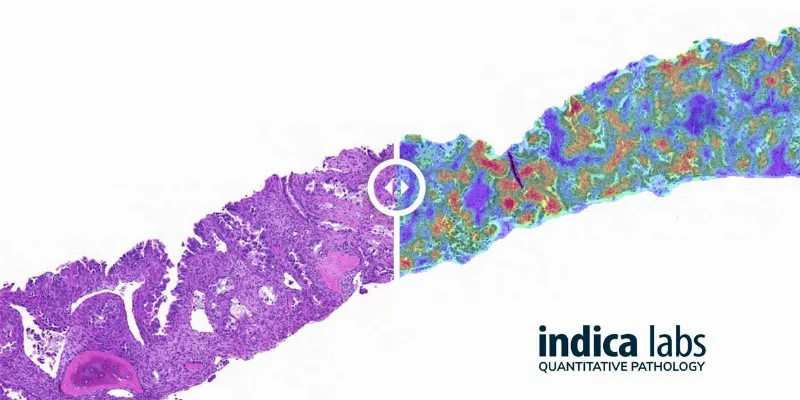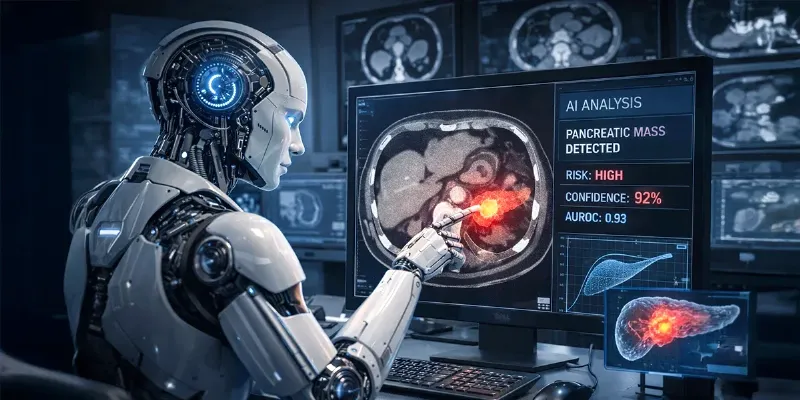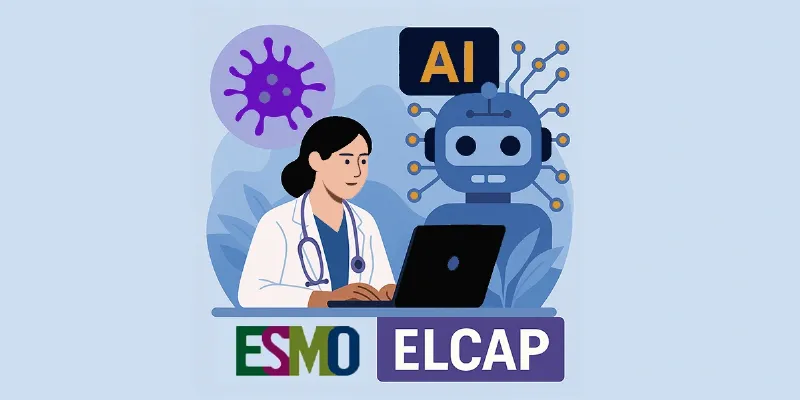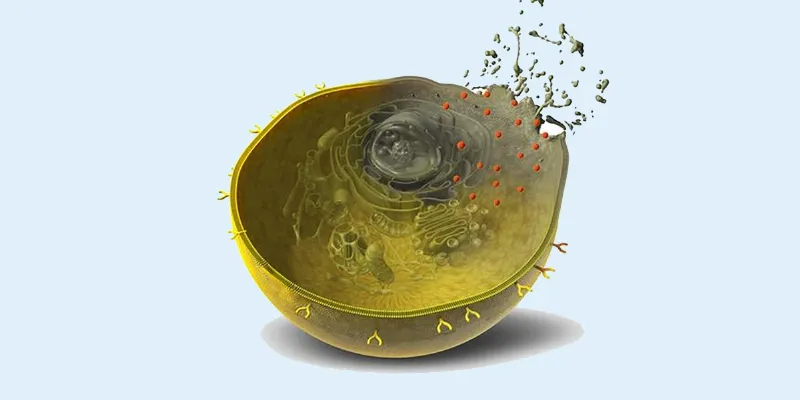Transforming Tumor Analysis: LM AI Tool Enhances Lung Cancer Diagnostic Workflows


AI |
1 August 2024
Lung Macrodissect AI, a new AI tool, is set to transform lung cancer diagnostics by refining tumor content estimation, boosting accuracy, and minimizing subjectivity. This validation underscores the tool's potential to streamline diagnostics and enhance the efficiency of cancer treatments.
Indica Labs has announced the launch of Lung Macrodissect AI, a cutting-edge tool designed to enhance the accuracy and efficiency of lung cancer molecular pathology workflows. This innovative technology marks a significant advancement in the integration of artificial intelligence with digital pathology, offering a more streamlined approach to macrodissection that minimizes human error and maximizes operational efficiency.
Clinical validation on 317 slide images showed that the AI tool significantly improved pathologist agreement and consistency in tumor content estimation.
According to a statement from Indica Labs, macrodissection, a critical step in molecular pathology, involves the meticulous assessment and isolation of tumor content from tissue samples. Traditional manual methods of macrodissection have been fraught with subjectivity, prone to errors, and labor-intensive. Indica Labs states that it addresses these challenges with its HALO Macrodissection Solutions suite, which quantifies tumor content across entire slide images, generating real-time data on tumor cells within annotated regions.
Steven Hashagen, CEO of Indica Labs, emphasizes the transformative potential of their AI models, "We’re excited to offer pathologists an alternative to the current time-consuming, labor-intensive process of macrodissection. Our macrodissection AI models significantly advance the field of molecular pathology. Lung Macrodissect AI is part of a larger suite of macrodissection tools, with additional product launches planned for colon, breast, and prostate. These products significantly enhance macrodissection workflows and make genetic testing more accessible, accurate, and affordable.”
The newly unveiled AI tool standardizes the macrodissection annotation process for non-small cell lung cancer, both primary and metastatic. This AI-driven tool generates tumor cell density heatmaps that aid pathologists in identifying tumor-rich regions, ensuring that only tissue samples with sufficient tumor concentration are advanced for costly genetic sequencing and molecular testing.
Despite its impressive capabilities, Lung Macrodissect AI is currently designated for research use only in the USA and is not FDA cleared for clinical diagnostic use. It is accessible via the HALO AP® platform, which is CE-IVDR marked for in-vitro diagnostic use in Europe, the UK, and Switzerland, and complies with regulatory standards including FDA 21 CFR Part 11, HIPAA, and GDPR.
About study
Clinical validation was conducted on 317 primary and metastatic whole slide images from an external site that were previously unseen to the algorithm. Comparing five pathologists’ tumor content estimations with and without assistance from Lung Macrodissect AI revealed significant improvements in agreement and consistency when aided by the algorithm. Without AI assistance, the consistency between pathologists (ICC) was relatively low at 0.45. The agreement measure (Fleiss’ kappa) when specimens were binarized using a 20% tumor content cut-off, the minimum requirement for most molecular tests, was also low at 0.27. With AI assistance, the ICC score increased to 0.75, and the Fleiss’ kappa statistic rose to 0.66, indicating a substantial and significant improvement in consistency of tumor content estimation across pathologists.











Comments
No Comments Yet!